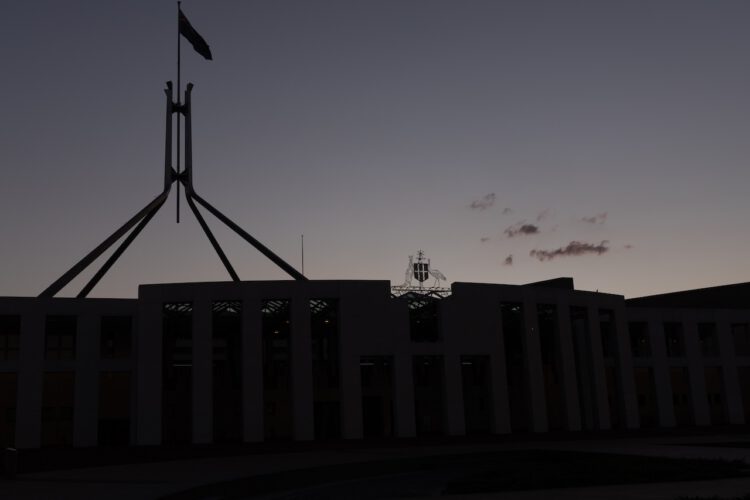AAP reports that US president Donald Trump is planning to speak with China’s president Xi Jinping in the coming days:
US President Donald Trump will speak with Chinese President Xi Jinping within the next couple of days, setting up a major diplomatic exchange as the superpowers seek a deal that could avert a broader trade war.
Trump on Saturday ordered sweeping tariffs on goods from Mexico, Canada and China, as part of demands they stop the flow of illegal fentanyl.
On Monday, Trump threatened to ramp up tariffs on China further, which were set at 10 per cent on goods from that country, along with 25 per cent tariffs on Mexican and most Canadian imports, starting on Tuesday. He later paused the levies on Mexico after the country promised to reinforce its border with the United States.
But those tariffs stopped short of Trump’s campaign promises for vast new tariffs on Chinese goods, and on Monday he described the initial tranche as an “opening salvo.”
“China hopefully is going to stop sending us fentanyl, and if they’re not, the tariffs are going to go substantially higher,” Trump said.
“China will be dealt with,” he added.
Trump also repeated his opposition to Chinese involvement in logistics at the Panama Canal, a major trade crossing in the Americas.
“China’s involved with the Panama Canal. They won’t be for long,” Trump told reporters in the Oval Office.
On Monday, China categorically rejected US accusations of its alleged influence over the canal.
“Let me say that I think the accusation against China is totally false,” China’s UN ambassador Fu Cong said in New York.
“Let me emphasise that China has not participated in the management and operation of Panama Canal and has never interfered in canal affairs,” he added.
China respects Panama’s sovereignty over the canal and recognises it as a permanent neutral international gateway, Fu said.

Loading form…